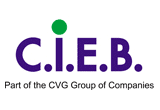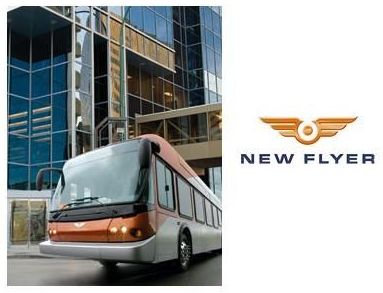
Ze strany New Flyer jsme vybrali ilustrační hybrid DE40LFA BRT.
články. Kontrakt má hodnotu 46.4 milionu kanadských dolarů.
(Canada: BC Transit Award Contract for 20 Fuel Cell Buses)
články. Kontrakt má hodnotu 46.4 milionu kanadských dolarů.
(Canada: BC Transit Award Contract for 20 Fuel Cell Buses)
Informaci zveřejnilo ministerstvo dopravy Britské Kolumbie. Flotilu 20 autobusů dodá New Flyer Industries of Winnipeg se subdodavateli: ISE Corporation of San Diego pro hybridní systém, Ballard Power Systems pro vodíkové palivové články a Dynatek Industries pro zásobníky vodíku. Autobusy budou mít dojezd 500 km, nejvyšší rychlost 90 km/hod a životnost 20 let. Viditelná bude flotila těchto vozidel zejména během zimní olympiády 2010.
Informaci obdržel BUSportál od HYFLEET:CUTE. Přeložili jsme krátký souhrn. Celou informaci uvádíme v angličtině.
HYDROGEN BUS FLEET CONTRACT AWARDED
VICTORIA – BC Transit has awarded a $46.4-million contract to build the world’s first fleet of hydrogen fuel cell buses, Transportation Minister Kevin Falcon announced.
New Flyer Industries of Winnipeg will be the manufacturer of the 20 buses, with delivery by the end of 2009. The low-floor buses will have a range of 500 km, a top speed of 90 km per hour and a life expectancy of 20 years. The three main sub-contractors on this bus fleet project are ISE Corporation of San Diego, which is responsible for the hybrid drive system; Ballard Power Systems of Burnaby, which will provide the fuel cell modules; and Dynetek Industries of Calgary, which will work on the hydrogen storage system.
“In the speech from the throne in February, we pledged to reduce B.C.’s greenhouse gas emissions by 33 per cent by 2020,” said Falcon. “These hydrogen fuel cell-powered vehicles represent an important step, as these buses produce no smog-creating emissions and no greenhouse gas emissions, and they can be twice as efficient as internal combustion engines. The life cycle costs for fuel cell buses are expected to be lower than existing internal combustion engine technology.”
“The fuel cell buses will provide the cleanest and most efficient propulsion technology in the long term,” said Kevin Mahoney, chair of BC Transit. “This will help BC Transit improve British Columbia’s quality of life by reducing greenhouse gas emissions and improving the rider’s overall experience.” In November 2006, the Province dedicated an initial $10 million for development of the hydrogen fuel cell bus concept. The federal Public Transit Capital Trust fund committed $45 million to the fuel cell bus fleet and accompanying hydrogen fuelling stations. BC Transit will cover the remaining $34 million of the overall funding for the day-to-day operations of this new bus fleet for a period of up to five years. When operational in late 2009, the new fleet will initially be based in Whistler and will be a very visible part of public transportation during the 2010 Winter Olympics.
Informaci obdržel BUSportál od HYFLEET:CUTE. Přeložili jsme krátký souhrn. Celou informaci uvádíme v angličtině.
HYDROGEN BUS FLEET CONTRACT AWARDED
VICTORIA – BC Transit has awarded a $46.4-million contract to build the world’s first fleet of hydrogen fuel cell buses, Transportation Minister Kevin Falcon announced.
New Flyer Industries of Winnipeg will be the manufacturer of the 20 buses, with delivery by the end of 2009. The low-floor buses will have a range of 500 km, a top speed of 90 km per hour and a life expectancy of 20 years. The three main sub-contractors on this bus fleet project are ISE Corporation of San Diego, which is responsible for the hybrid drive system; Ballard Power Systems of Burnaby, which will provide the fuel cell modules; and Dynetek Industries of Calgary, which will work on the hydrogen storage system.
“In the speech from the throne in February, we pledged to reduce B.C.’s greenhouse gas emissions by 33 per cent by 2020,” said Falcon. “These hydrogen fuel cell-powered vehicles represent an important step, as these buses produce no smog-creating emissions and no greenhouse gas emissions, and they can be twice as efficient as internal combustion engines. The life cycle costs for fuel cell buses are expected to be lower than existing internal combustion engine technology.”
“The fuel cell buses will provide the cleanest and most efficient propulsion technology in the long term,” said Kevin Mahoney, chair of BC Transit. “This will help BC Transit improve British Columbia’s quality of life by reducing greenhouse gas emissions and improving the rider’s overall experience.” In November 2006, the Province dedicated an initial $10 million for development of the hydrogen fuel cell bus concept. The federal Public Transit Capital Trust fund committed $45 million to the fuel cell bus fleet and accompanying hydrogen fuelling stations. BC Transit will cover the remaining $34 million of the overall funding for the day-to-day operations of this new bus fleet for a period of up to five years. When operational in late 2009, the new fleet will initially be based in Whistler and will be a very visible part of public transportation during the 2010 Winter Olympics.
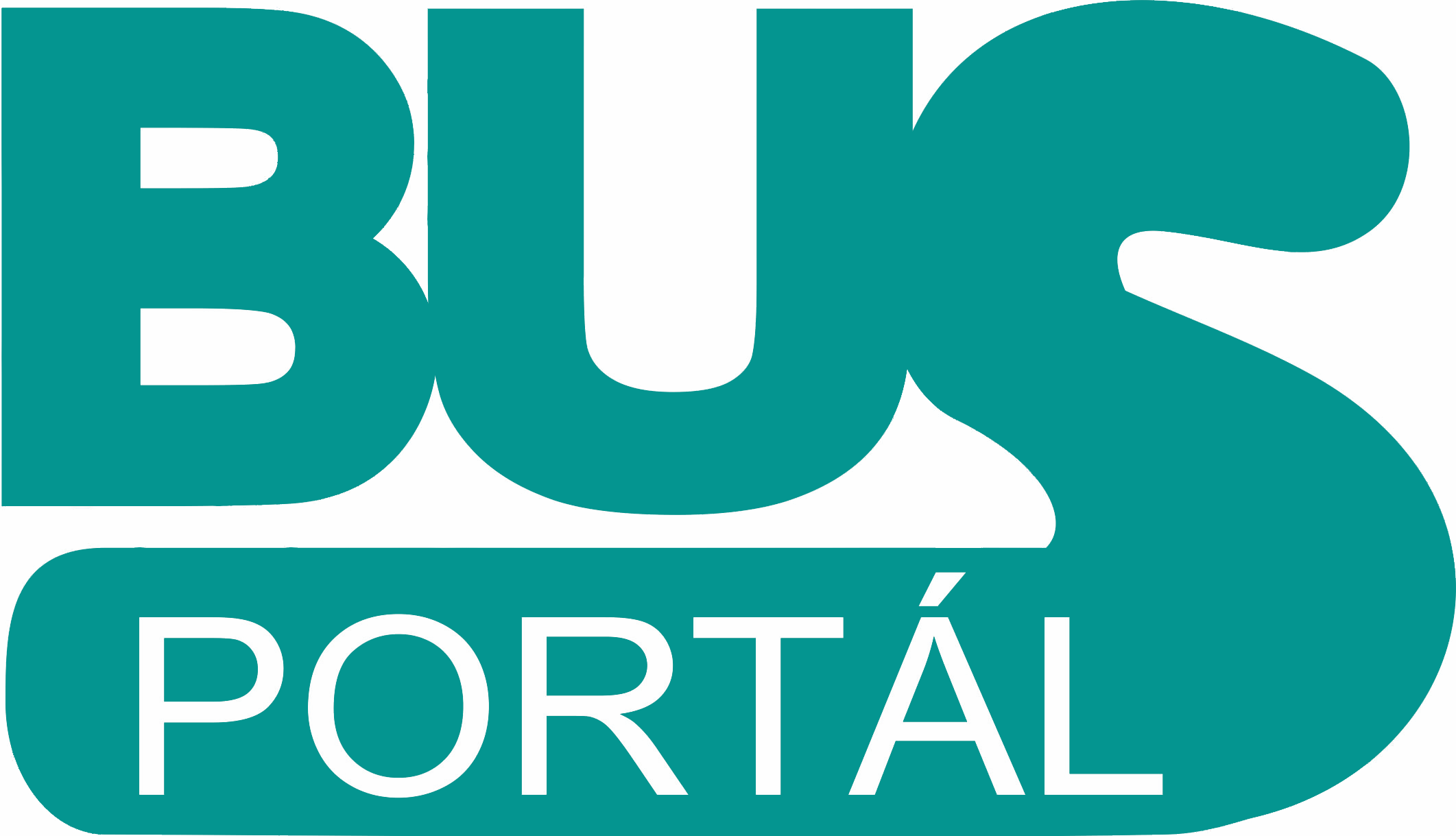




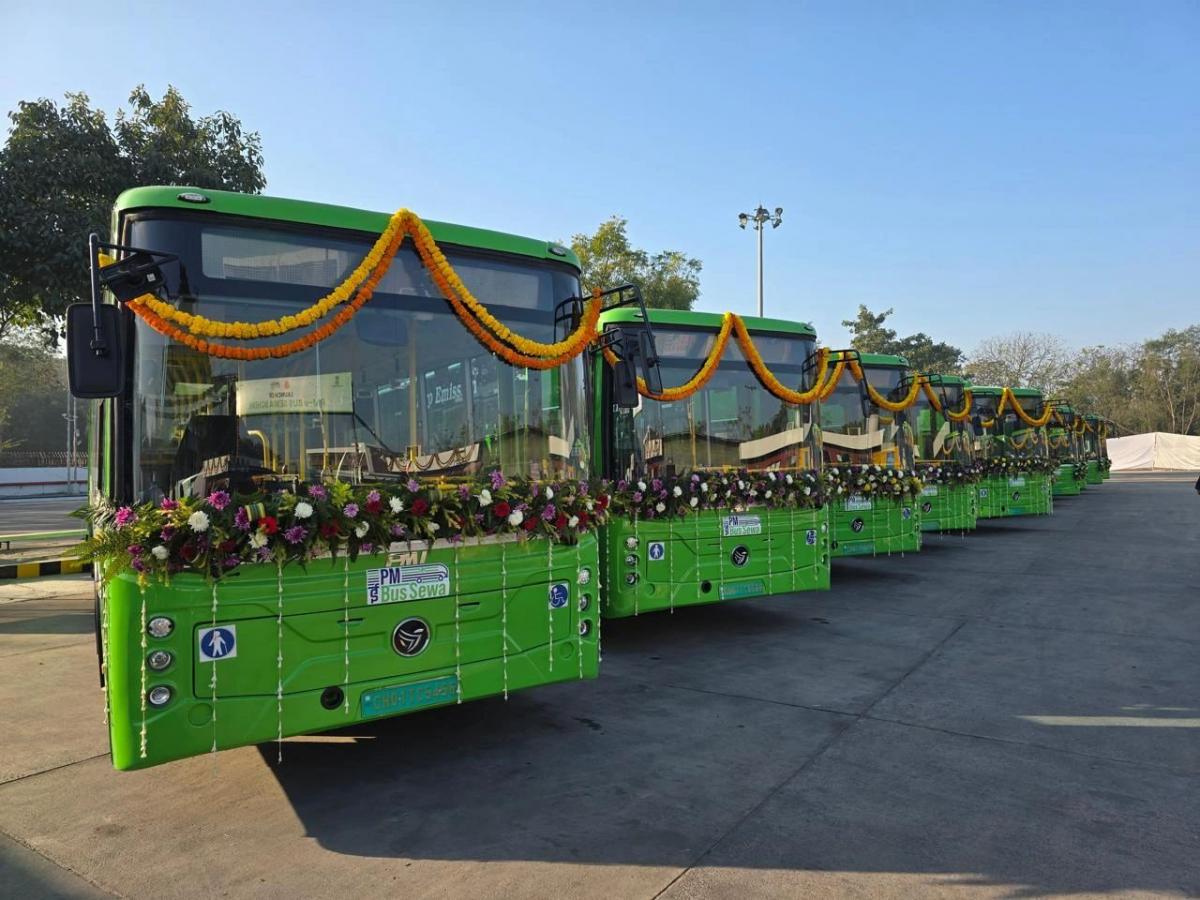 Indie: 225 elektrických autobusů ve čtyřech městech
Indie: 225 elektrických autobusů ve čtyřech městech
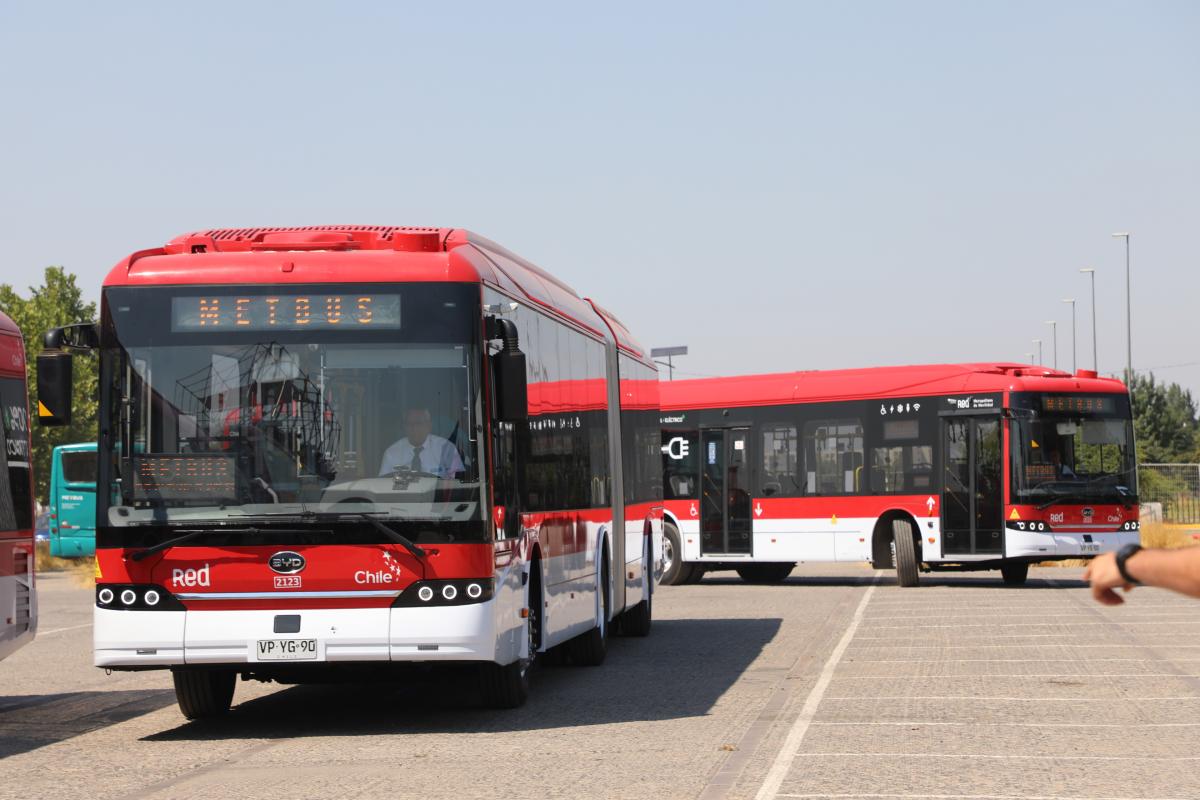 Santiago v Chile je lídrem v počtu elektrických autobusů…
Santiago v Chile je lídrem v počtu elektrických autobusů…
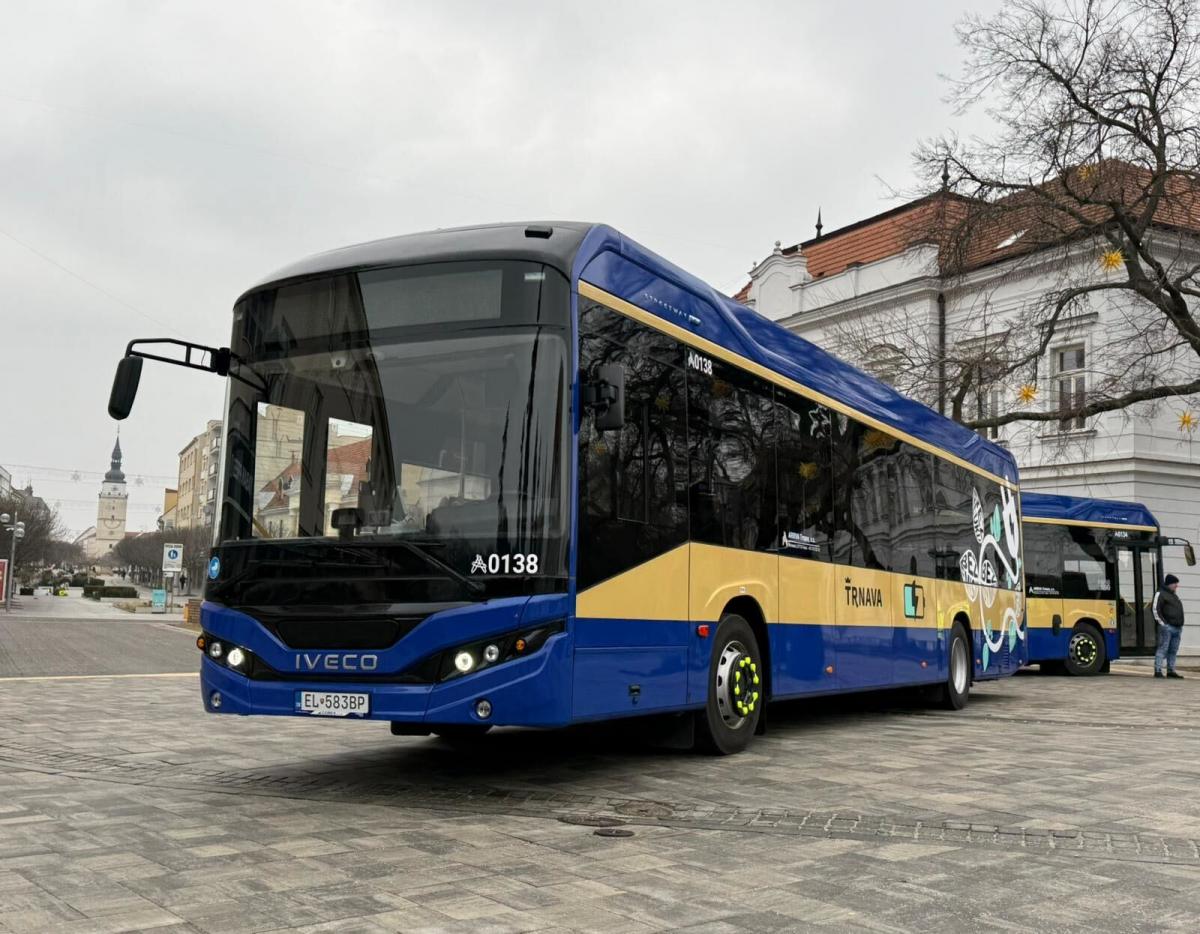 Nové elektrobusy v Trnavě se vydaly do provozu
Nové elektrobusy v Trnavě se vydaly do provozu




